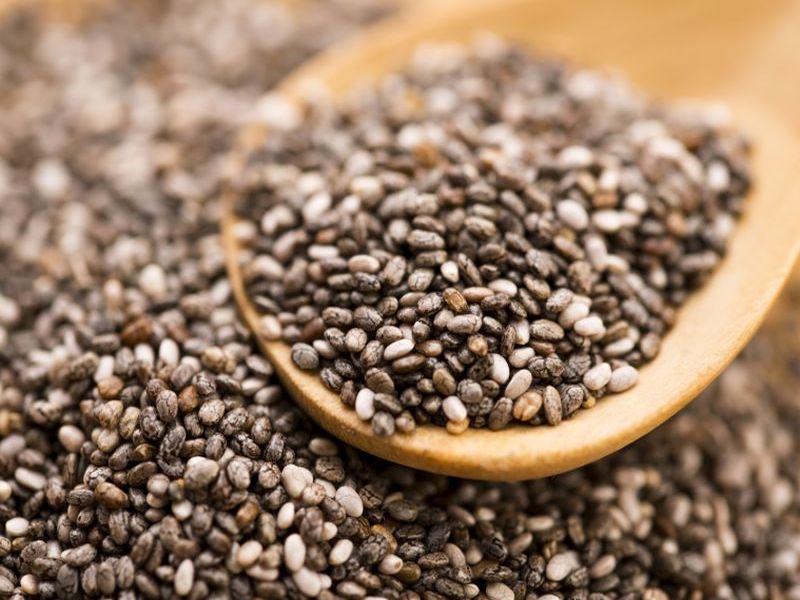
Feeling trapped behind a desk, a counter or on the factory floor does no favors for the mind. Now, research helps confirm that women with jobs that demand long hours may be more prone to depression. Researchers found that compared with women who worked a standard 40-hour week, those who were on the clock 55… read on >















